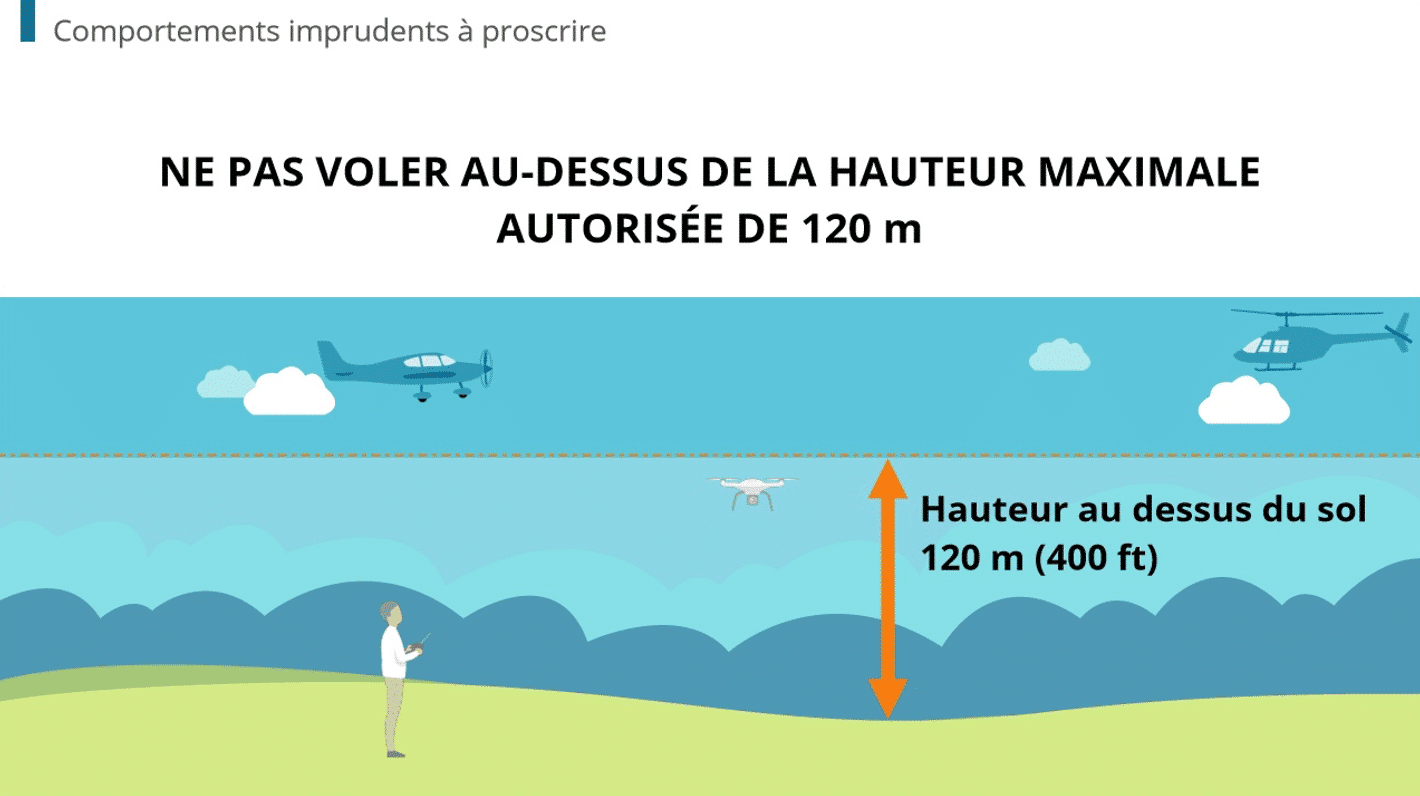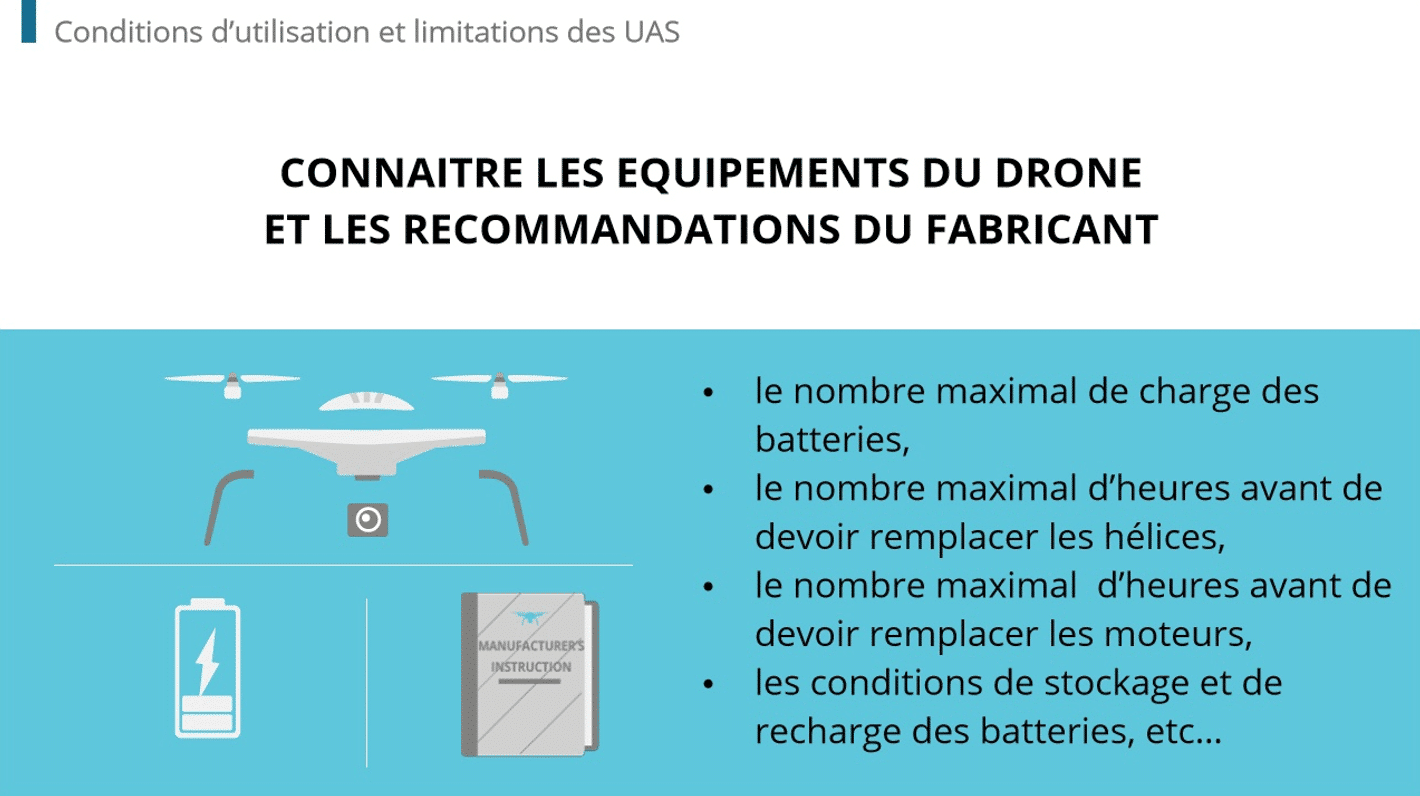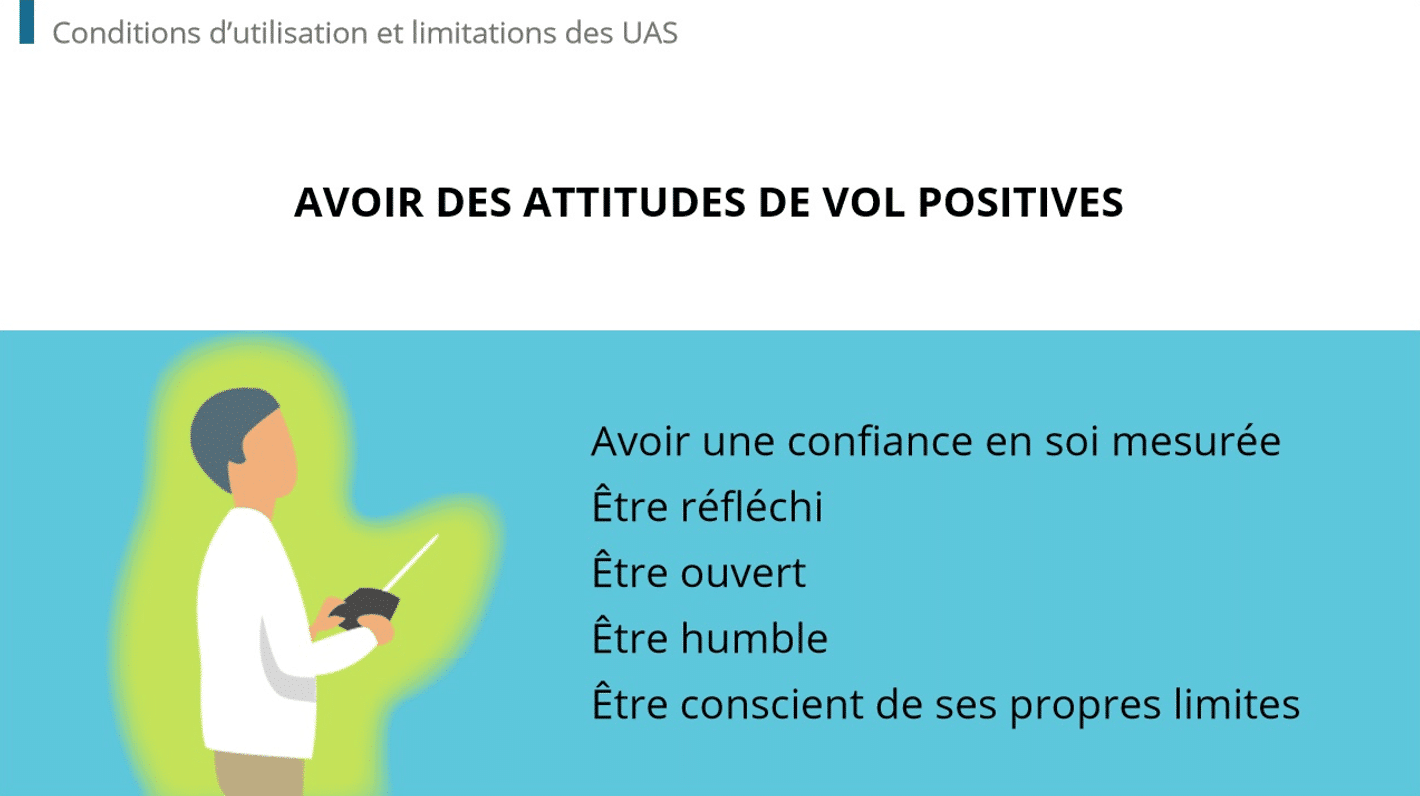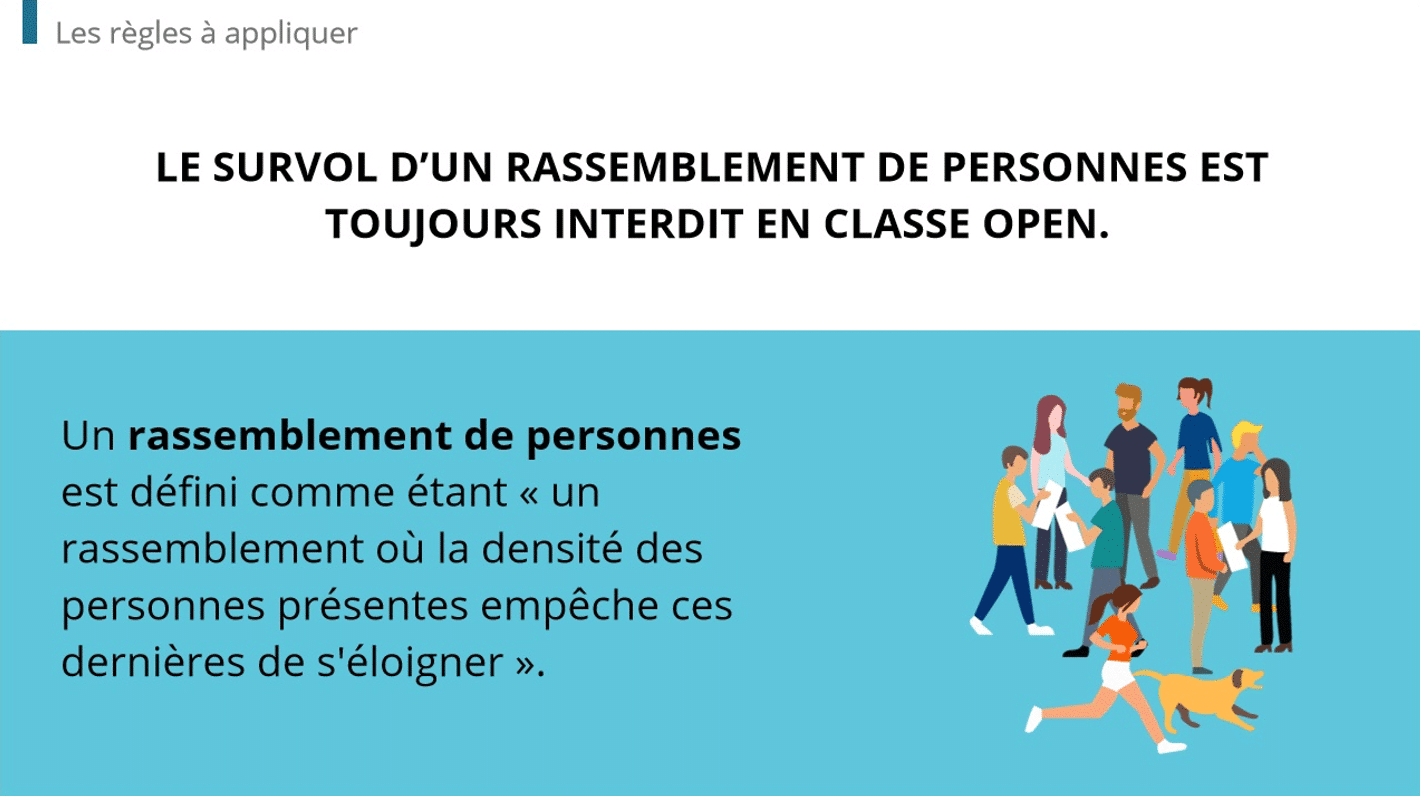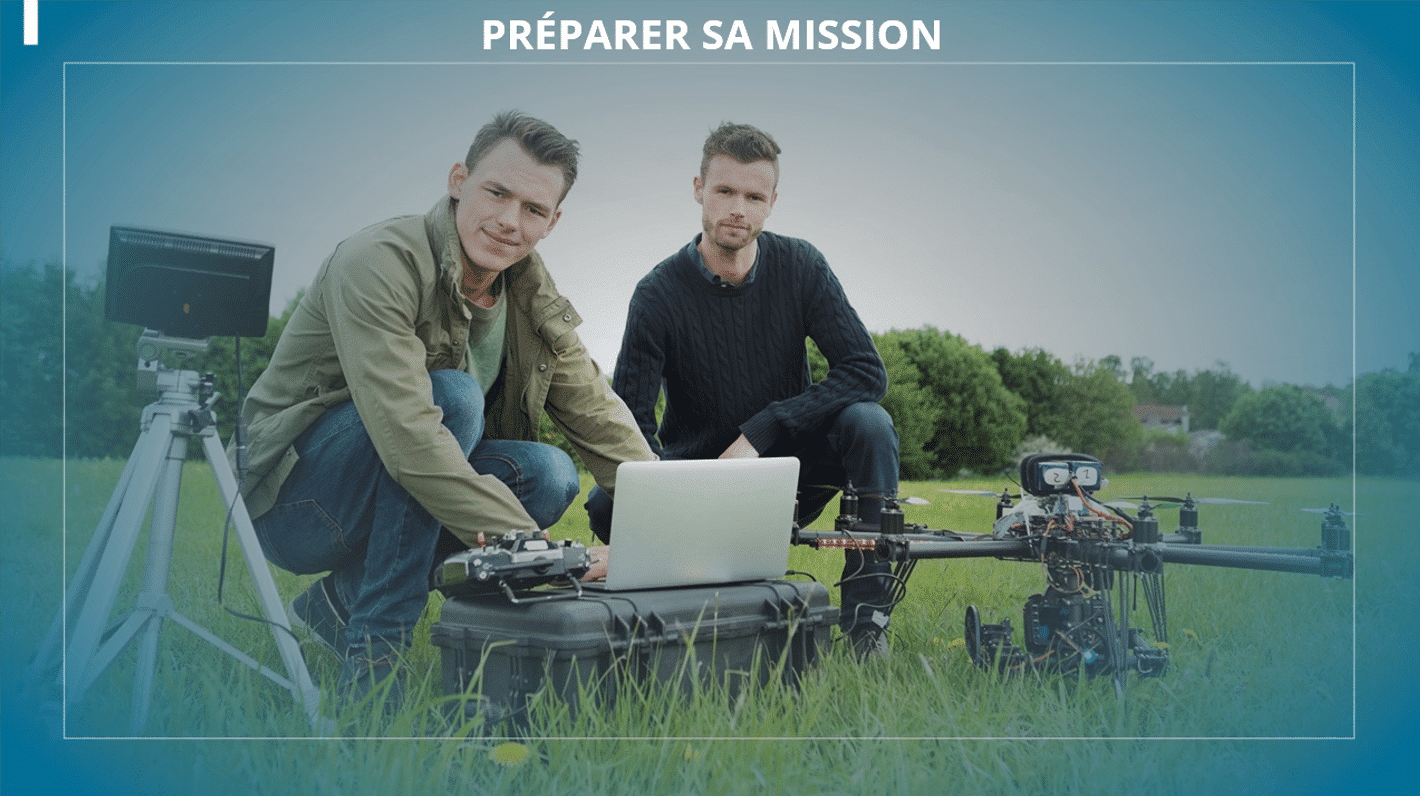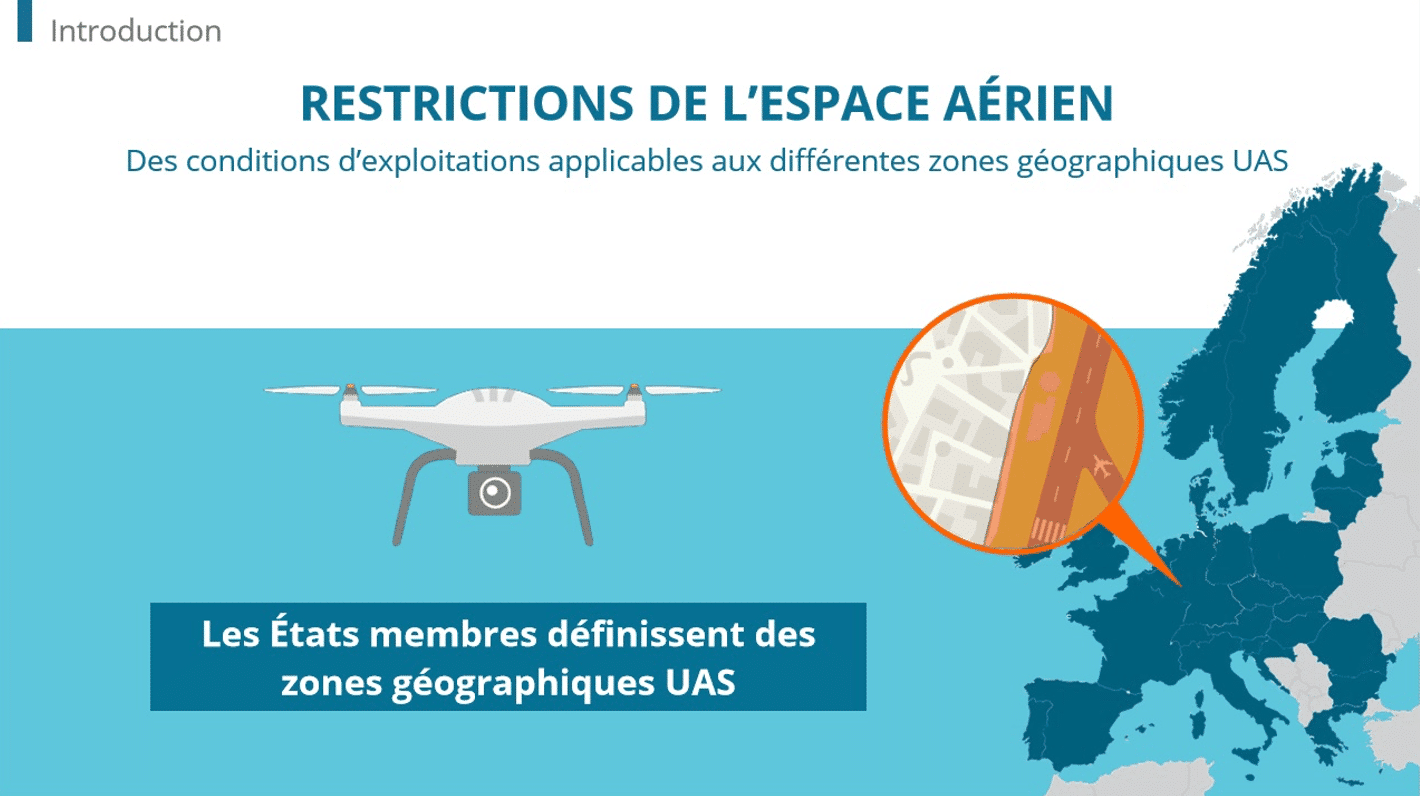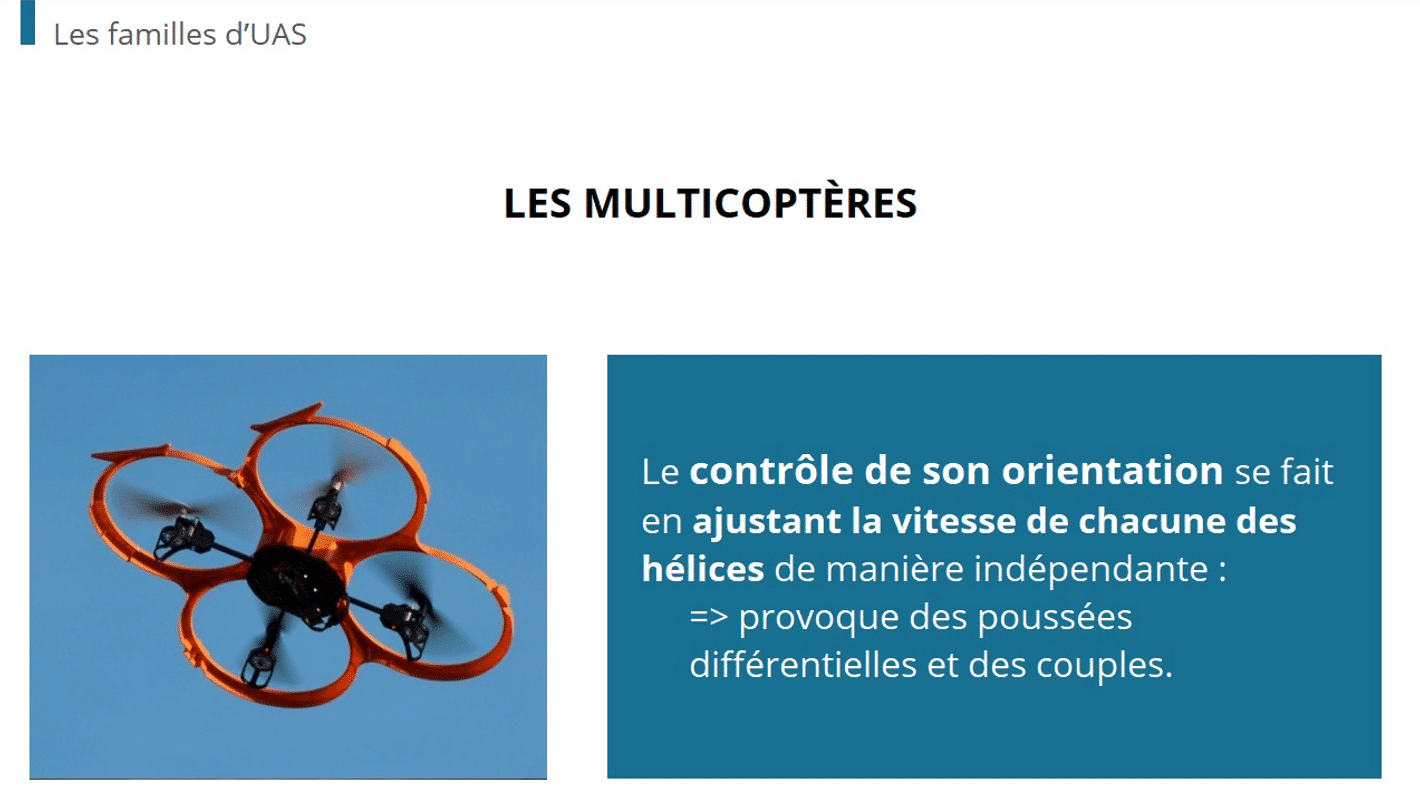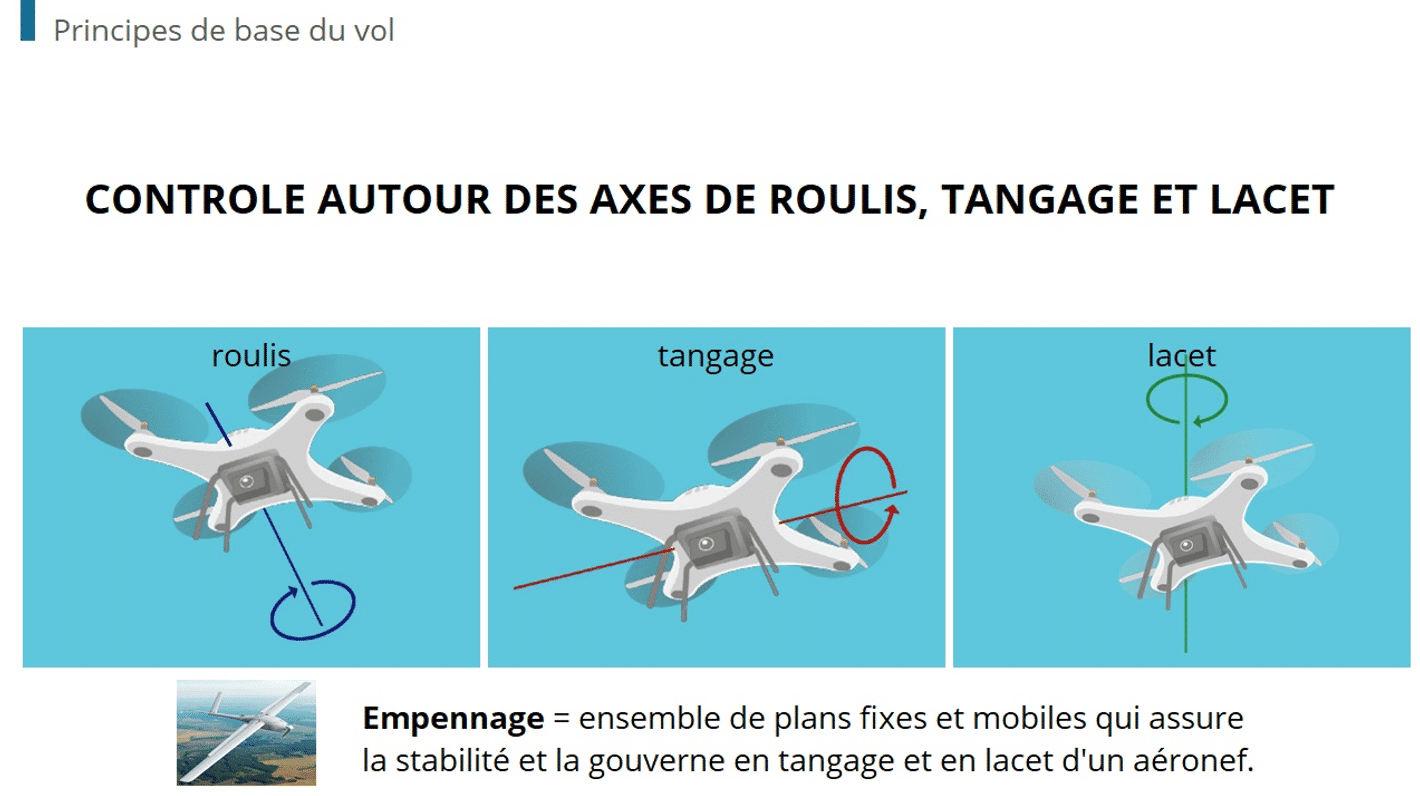Virtually anyone today can create a MOOC. But creating an innovative MOOC requires an original screenplay and a grounding in real-life situations.
To put together a MOOC – Massive Online Open Course – you first need to understand the diversity of the format before you can start scripting the course and assessment activities.
To create an innovative MOOC, define an original screenplay
As with face-to-face learning, creating a MOOC requires you to write a training module scenario. These days, a scenario imagines certain roles. Generally, there are two positions:
- The trainer figure, who is the one “who knows” and who has the skills, such as a doctor.
- The slightly absurd character who does not know anything, and who triggers a chain of disasters. For example, a patient who admits to his doctor that he has not quit smoking.
The role-play draws a reaction from the learners. The use of realistic situations helps to stimulate participants, allowing them to develop their practical experience and question their motives.
Make it authentic
The scenario should be based on a true story. Learning that’s based on real situations is much more effective than when based on assumptions or problem-solving. This is because it speaks a common language with the participants. The story gives the training a human character and reinforces the employees’ learning.
We draw on what has been lived, a difficulty that has been experienced, or an injury or challenge. For example, a video of a meeting between a patient and his doctor is broadcast. Learners are then asked to comment on the doctor’s communication skills and attitude. Not only is it possible to test concrete knowledge, but soft skills as well, through a process of trial and error, spot the difference, puzzles, etc.
Evaluation criteria
In the final steps before launch, it’s important to define new methods and assessment conditions that are relevant to the required knowledge and purpose of the training.
These differ from one project to another. Beyond a certain number of correct answers on a test, it is sometimes appropriate to evaluate communication, teamwork, honesty, judgment, logic, independence, the making of inferences, organisation, etc.
In the example above, learners are asked to comment on the patient’s revelation when he confesses to his doctor that he has not quit smoking.
Would you like to create an innovative and effective MOOC? Contact Dokeos and benefit from our 15 years of expertise in elearning.






